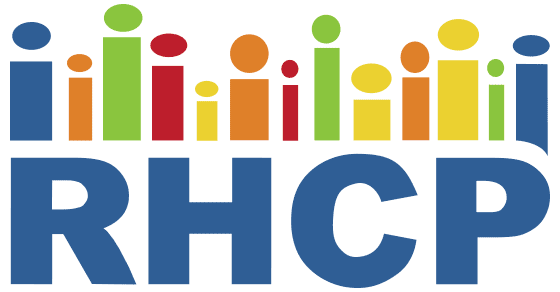Physical Activity and Nutrition Among Immigrant and Refugee Women: A Community-Based Participatory Research Approach
Women’s Health Issues Oct 2011
RHCP developed and evaluated a culturally tailored physical activity and nutrition program for immigrant and refugee women in Rochester, Minnesota, using a community-based participatory research (CBPR) approach. The program was informed by focus groups and a fitness retreat, where participants provided input on preferred exercise styles and nutrition education methods. A six-week pilot included twice-weekly classes combining aerobic dance, strength training, and nutrition education, with support services like childcare, transportation, and culturally relevant materials. The program attracted 45 women from Hispanic, Somali, Cambodian, and African American communities, with high attendance and strong satisfaction scores across all domains, including enjoyment, learning, and stress reduction.
Participants reported significant improvements in physical activity and quality of life, with trends toward better biometric outcomes such as reduced weight, waist circumference, and blood pressure. The program also increased self-efficacy for exercise and healthy eating. Key lessons included the importance of family involvement, language-specific nutrition education, and flexible programming to address shifting barriers. While the study lacked a control group and was underpowered for clinical outcomes, it demonstrated the feasibility and acceptability of CBPR-driven interventions. The findings support the value of community-led, socioculturally responsive health programs in addressing disparities among immigrant and refugee populations.
